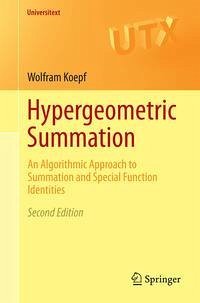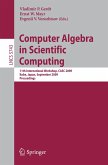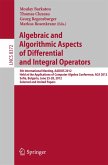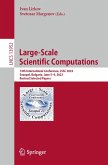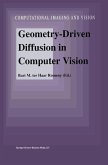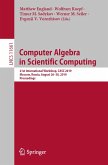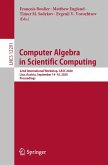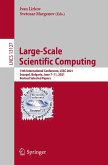The algorithms of Fasenmyer, Gosper, Zeilberger, PetkovSek and van Hoeij for hypergeometric summation and recurrence equations, efficient multivariate summation as well as q-analogues of the above algorithms are covered. Similar algorithms concerning differential equations are considered. An equivalent theory of hyperexponential integration due to Almkvist and Zeilberger completes the book.
The combination of these results gives orthogonal polynomials and (hypergeometric and q-hypergeometric) special functions a solid algorithmic foundation. Hence, many examples from this very active field are given.
The materials covered are suitable for an introductory course on algorithmic summation and will appeal to students and researchers alike.
Dieser Download kann aus rechtlichen Gründen nur mit Rechnungsadresse in A, B, BG, CY, CZ, D, DK, EW, E, FIN, F, GR, HR, H, IRL, I, LT, L, LR, M, NL, PL, P, R, S, SLO, SK ausgeliefert werden.

